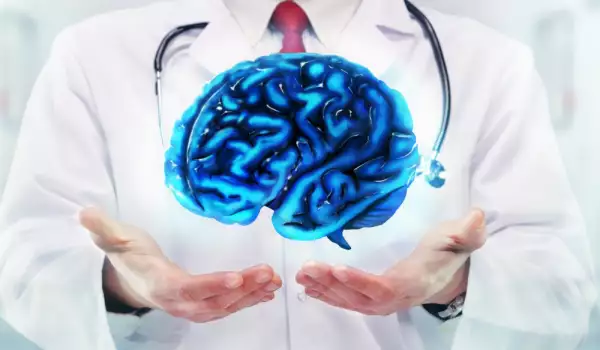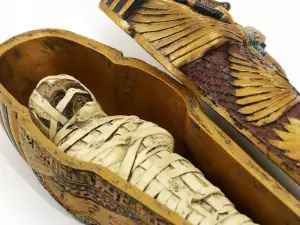In most parts of the world, a person is pronounced dead after they experience a complete and irreversible loss of brain function. This condition is known as brain death. But no matter how final this may sound, an American company claims that death is not irreversible and that science has reached the point where it can restore brain processes, in this way resurrecting a deceased person, so to speak.
Scientists from Bioquark are currently trying to get ethical approval from American healthcare regulatory agencies in order to begin the first stage of their program, which is called the Lazarus Effect. The name is Biblical, bearing the analogy to St. Lazarus, whom Jesus brought back to life 4 days after his death. The project intends, after receiving permission for its realization, to recruit a small group of patients who have been declared clinically dead due to brain trauma.
"We don't accept the idea that brain death is irreversible, " states CEO of Bioquark Inc. Dr. Ira Pastor. "Our latest studies showed that nothing is that permanent, when it comes to the brain. While it's true that human beings lack significant regenerative abilities in the central nervous system, many non-human species such as amphibians and even certain fish can repair, regenerate and remodel significant parts of their brain and brain stem cells even after critical life-threatening trauma, " adds the CEO.
Brain death means that the central nervous system no longer works. Until recently, doctors accepted that once this happens, the heart stops and the individual no longer breathes. This, in turn, leads to a shortage of oxygen, blood flow and damage to the brain stem.
But the latest research reveals that death is more complex than that. It is now possible to maintain heart functions after the nervous system stops working. This can be done with special equipment that supplies oxygen to the body and heart.
The company has developed several new regenerative medications based on existing drugs that are usually used to stimulate patients with other severe brain problems. The goal is for scientists to reverse the process of brain death through nerve stimulation and the use of stem cells.

"We hope to see results within the first 2-3 months after we begin phase 1 of our project, " says Ira Pastor. "We would consider it a success if after therapy with the techniques we provide we see stem cells restoring themselves at the base of the brain stem. Of course, after this we are going to have a lot more work to do but it would be the perfect beginning to the Lazarus Effect."










